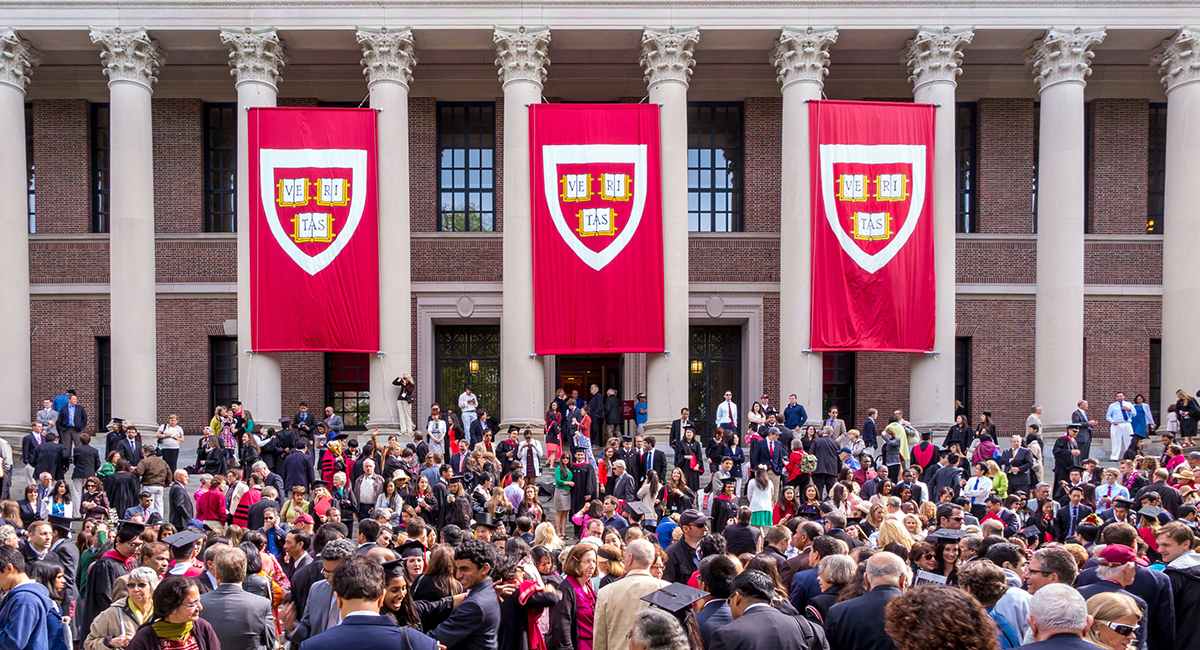Many Americans, including some of our most prominent business executives, politicians and journalists, continue to express shock at the virulent anti-Israel protests that have disrupted our college campuses and major cities since Israel’s military began responding to Hamas’ Oct. 7 massacre of Israeli civilians.
They were further shocked, many have indicated, by the mealy-mouthed reaction of university leaders, who didn’t have the courage to condemn those calling for the death of Israelis—or, no longer hiding behind euphemisms, the death of Jews.
What shocks me is everybody’s apparent shock. Where have they been these past few years?
Animus toward Jews, and in some cases outright hatred of Jews, has become endemic on U.S. campuses. This includes not only elite schools such as Harvard University, Columbia University, the Massachusetts Institute of Technology and the University of Pennsylvania but also across the higher education ecosystem, as noted in a report published just weeks before the Hamas bloodbath occurred.
Among the many other schools mentioned in the report, which documents how “antisemitic [campus] incidents have surged in recent years,” are California State University, Northridge, Claremont, George Washington University, Marquette, Tufts, the University of Illinois Urbana-Champaign, University of Southern California, University of Washington, University of Wisconsin-Madison, Wellesley, even the Rhode Island School of Design. But these are hardly the only campuses infected with the antisemitic virus.
Though some may have been surprised by the vehemence of the “river to the sea, Palestine will be free” demonstrations, anti-Israel student groups, especially Students for Justice in Palestine, have been active on U.S. campuses for several years, building coalitions with students and faculty sympathetic to the falsehood that the Jewish state is a “colonialist” oppressor and agent of American-inspired imperialism, and making common cause with Black Lives Matter, Campus Pride and other activist organizations. In these “intersectional” coalitions, groups that view themselves as opposing one form of oppression join with other groups claiming to oppose other forms of oppression, each supporting the goals of the others.
College campuses are useful battlegrounds for antisemites. For one thing, colleges enroll millions of impressionable students who on any given day can be convinced of just about anything. If even a small minority can be convinced each year that Israel is a racist, fascist, apartheid state supported by wealthy Zionists—aka “Jews”—who manipulate Congress and the media, the antisemitic virus will spread easily.
Indeed, surveys show that support for Israel among younger, college-educated Americans has been declining and support for the “Palestinian cause” rising sharply, including among progressive Jewish students, many of whom have joined the anti-Israel chorus through such groups as Jewish Voice for Peace and Open Hillel, effectively allying themselves with their own mortal foes.
College campuses are also soft targets for radical activists, including the Jew-baiters and Jew-haters, because many, as we have seen recently, are governed by administrators with no moral compass.
As a rule, university administrators ignore the disruptive and aggressive tactics of campus radicals, as when they shout down speakers with whom they disagree or harass Jewish students. That’s because even if they disagree with campus leftists, they also fear them and avoid confrontation with them. That’s certainly among the reasons the Harvard, Penn and MIT presidents seemed unwilling to declare unequivocal opposition to calls for genocide against Jews when pressed in recent congressional hearings.
This lack of moral commitment makes such administrators excellent tools for campus radicals. Administrators fear that any conflict with radical groups will cause them to be labeled controversial and shunned by the search firms and headhunters that hold the keys to academic and corporate advancement. This cowardice—the reluctance to take unambiguous stands on clear matters of right or wrong—has turned our campuses into breeding grounds for antisemitism.
It’s also why more trustees, donors, alumni and lawmakers are now stepping up and attempting to play larger roles in campus affairs.
While these groups are generally marginalized when it comes to campus governance, they have some powerful tools at their disposal. They need to use them.
Trustees should take their fiduciary responsibility more seriously, and donors should exercise due diligence before writing checks and afterward to make sure their gifts are used as intended.
In the case of public colleges and universities, state legislators should look more carefully at the proposed and past uses of taxpayer dollars before approving college budgets.
University administrators will, of course, decry such “outside interference,” but donors, trustees and legislators have a compelling reason to ignore them: University insiders can no longer be trusted.








